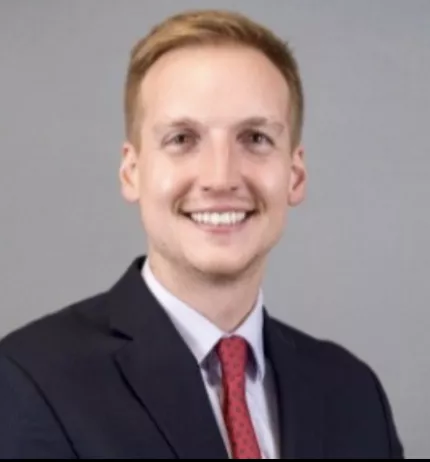
Andrew Swab
Andrew Swab graduated with a Master in Public Policy degree from the Harvard Kennedy School of Government in May 2019. At the Kennedy School, he was a teaching assistant for Professors Graham Allison and David Sanger, helping to manage their graduate-level course on national security and the press. He also worked as a research assistant at the Belfer Center for Science and International Affairs, where he contributed work of the to the Korea Project led by Professor John Park, and published an analytical report with Harvard Law School on the classified U.S. defense and intelligence budget. In summer 2018, he was a Kenneth Juster Fellow in the U.S. Department of the Treasury’s Office of Critical Infrastructure, where he supported the Department’s efforts to protect U.S. financial sector critical infrastructure from foreign interference. Prior to the Kennedy School, he worked at the U.S. Department of State on embassy security policy, in journalism for PBS NewsHour, and on Capitol Hill. He graduated from Syracuse University with a dual BA in International Relations and Journalism.

